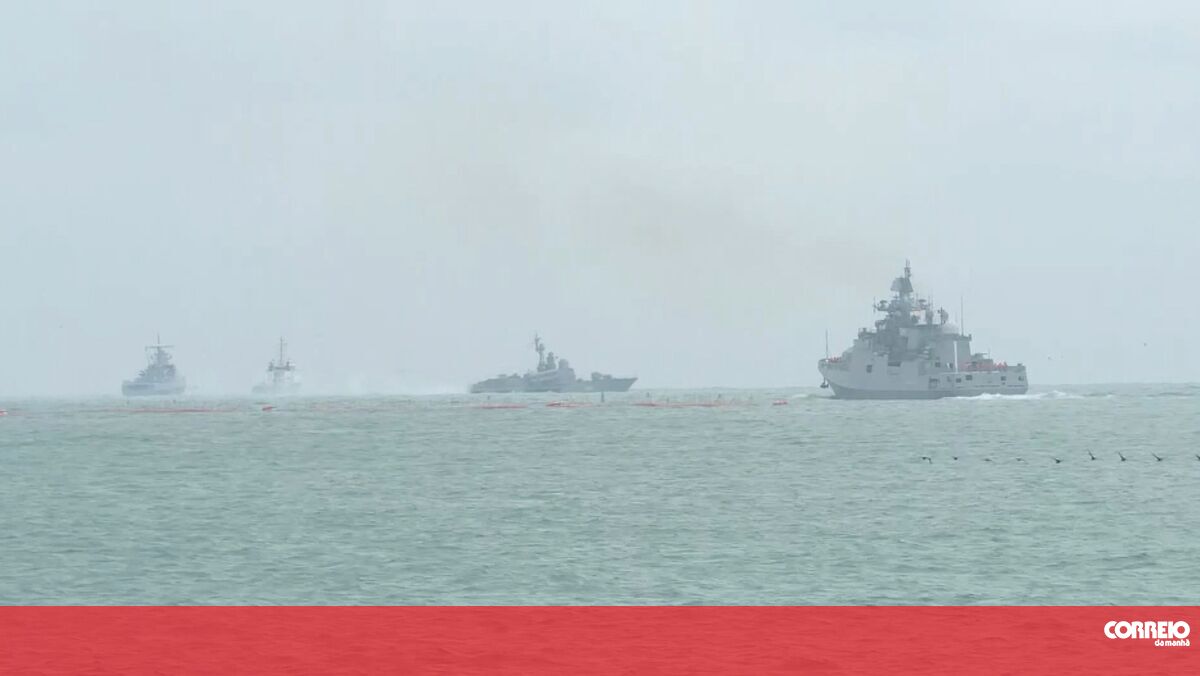The Russian representative to the UN Security Council said this Friday that he finds it difficult to implement the Black Sea agreements to unblock Ukrainian ports and ship grain, which has been frozen for several months.
“It is difficult to maintain the full implementation of these agreements if these ports receive heavy weapons,” said Russian Deputy Ambassador to the Security Council Dmitry Polyansky during a new session on the war in Ukraine.
According to Polyansky, who did not elaborate on his accusations, Russian forces will do “everything possible to destroy these materials.” [o armamento]”, indicating that this had already been done with regard to weapons sent by the United States of America.
“Nothing in this memorandum prevents us from continuing to work on the demilitarization of Ukraine,” he stressed, quoted by the Efe news agency.
On Saturday, the day after the signing of the agreement in Istanbul, Ukraine condemned Russia’s attack on the commercial port of Odessa, a key grain export point across the Black Sea.
Poliansky’s remarks dampened expectations of a resumption of grain export operations this Friday after UN Under-Secretary-General for Humanitarian Affairs Martin Griffiths, who was at the center of talks, said they could start this Friday.
According to Polyansky, Western countries have given a one-sided reading of these agreements and accused them of being concerned only with the production of Ukrainian cereals, while logistics and freight for Russian products are “putting in all obstacles.”
However, he praised the stance of the United Nations and its Secretary General António Guterres for maintaining neutrality.
Ukraine and Russia last Friday signed separate agreements with Turkey and the UN to unlock the export of some 25 million tons of grain stored in Black Sea ports due to the ongoing war.
Two documents were signed at the Dolmabahce Palace ceremony – because Ukraine refused to sign the same document as Russia – and the agreement is to be valid for four months, but it can be extended.
The Istanbul agreement includes two documents: one on the export of Ukrainian grain and the other on the export of Russian agricultural products and fertilizers.
Author: Lusa
Source: CM Jornal




